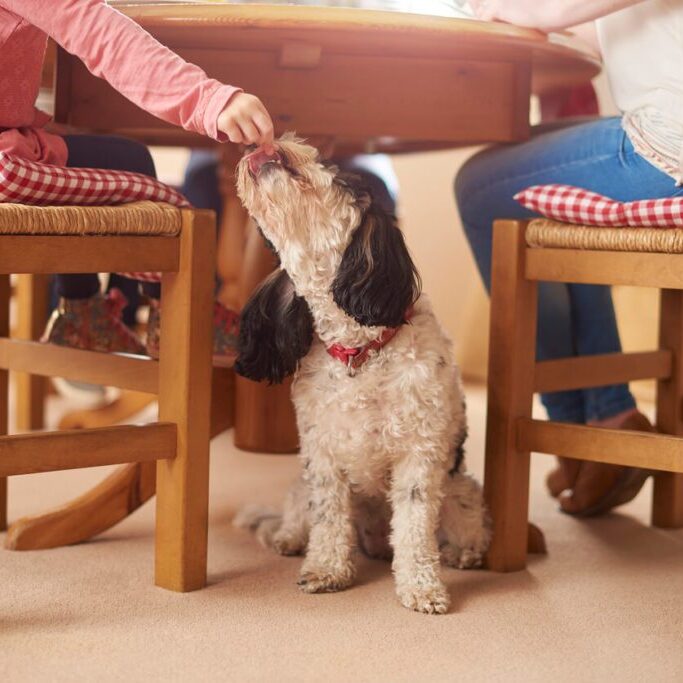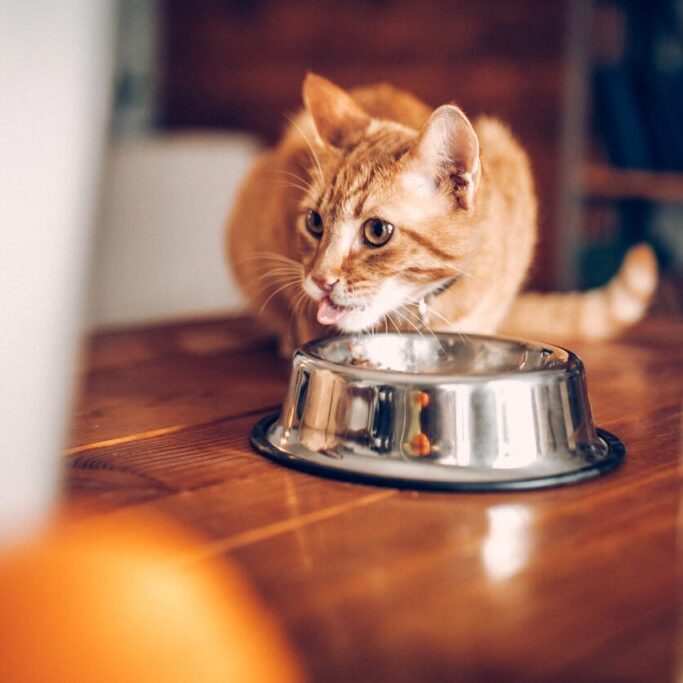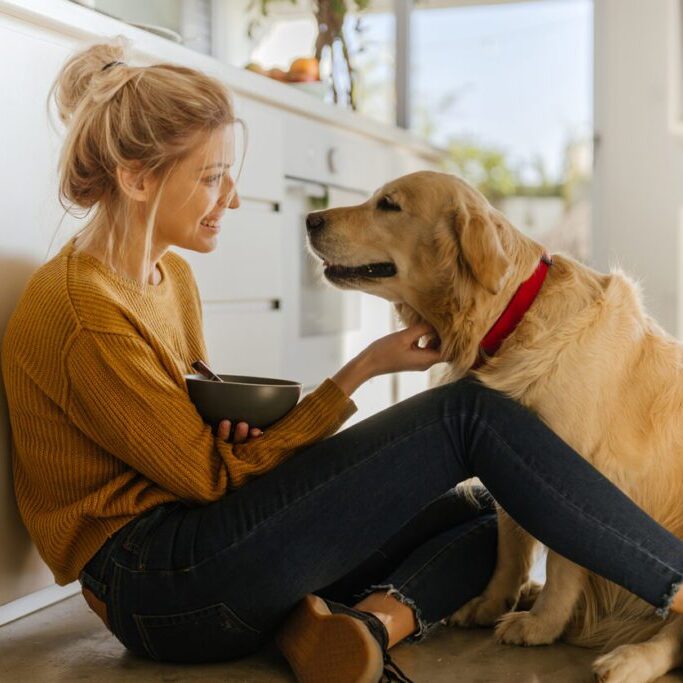Pets 101
All About Exotics

Press play above to listen to the latest episode of our VetScoop podcast. Our host, Dr. Natalie Marks, sits down with our Dr. Evan Antin to talk all about exotic pets. While Dr. Antin sees plenty of dogs and cats in practice, exotics are his first love. From Guinea pigs to bunnies to chinchillas to snakes, Dr. Antin has tips on how to know what pet is right for your family.
Dr. Evan Antin:
I think my number one rule is please do your research before you go and pursue, whether you’re adopting or purchasing an exotic animal pet. They do have their parallels to our dogs and cats, but at the same time, they’ve got a lot of special differences. And so when it comes to things as simple as their diet, every different species has different diet requirements. For certain species, we need to be really mindful of the UVB light that they need or the ambient humidity and temperatures. I mean, there’s so many factors. And so reading up can save you so much grief and so much stress and health issues for your pet as a veterinarian that sees exotic animals. I would say one of the most common reasons I see exotics if you’re going to categorize it, is because people just didn’t do their homework and they didn’t know quite what they’re getting into. And they didn’t realize, oh, wow, I, I needed to have a 80% ambient humidity for this pet, or I needed to include this into their diet or, oh, I needed to have multiple because this is such a social animal. And so these are really important things to keep in mind. And, you know, if you do your homework, you’re going to save yourself a lot of stress and a lot of money.
Dr. Evan Antin on Guinea Pigs:
Guinea pigs can be phenomenal pets. You can have a great little human animal bond with them. And I think they’re great for responsible kids. At the same time, we do need to do our research. We need to know what we’re getting into because they do have certain space and diet requirements and social requirements. A lot of people, when they get a Guinea pig, they just get one and they don’t realize you need that really have another individual with this Guinea pig, they get so stressed by themselves. They never live by themselves in the wild, they’re extremely social animals. Diet is very important and dental health is very important. That must be the most number one reason why I see Guinea pigs. It comes down to dental health, whether or not the pet parent is aware of why they’re Guinea pig is not eating.
A big point I want to bring up when it comes to Guinea pigs, and I’m going to categorize them with any animal that’s a common prey animal. So this includes Guinea, pigs, rabbits, most of our little rodents and even some of our little bird pets in some of our other exotics, they are prey animals. And my point for bringing this up is that they’re very good at hiding disease because when an animal like that is showing signs of illness and showing that they’re sick, their predators are going to easily spot that on, say, oh, that one’s a little bit slower. That one looks a little bit rough. It looks like it’s in rough shape. I think I’m going to have a much easier time taking that one out. And so the reason that’s important is that they hide their illness.
Dr. Evan Antin on Rabbits:
My first pet actually was a rabbit. I named him Paco, I don’t know where I got that, but I was very young and he was my little buddy, But really for most children, you know it is a little bit of a concern when they’re handling rabbits. They do need to be careful. The way a rabbit is put together, anatomically, they have relatively a narrow little skeleton for their body and their vertebral bones are very skinny. And what I’m getting at is it’s possible for them to be mishandled where it’s easy for them to break their backs.
Dr. Evan Antin on Snakes:
Pythons are beautiful, but you’re going to end up with eventually a 17 to 20 foot plus long snake. So, do you have the space for that? Do you want a snake that big, is that realistic for you? It’s probably not for most people. So even if you do want a nice thick body constricting Python sort of species, maybe look into a ball Python, they tend to be kind of hardy and, and they, and as long as you’re providing, of course, all their essential needs, they can be a great pet, very handleable. And, I’m not opposed to people having them as pets.
Did you find this helpful? Share it!
Recent Posts
About VetScoop
Pets make our lives better. At VetScoop, we’re on a mission to return the favor by giving you access to trustworthy, science-based information so you can provide the best possible care for your pets.
Related Posts We Think You'd Like





